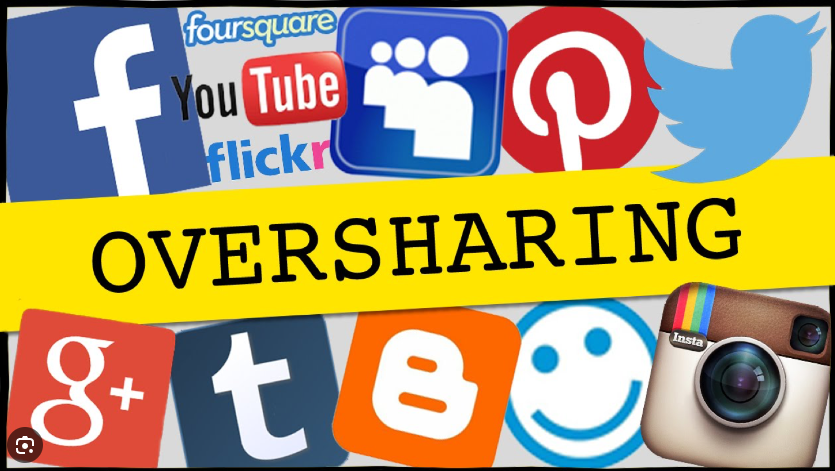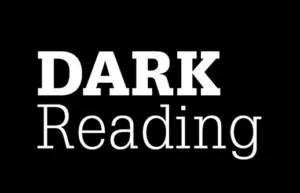WHY SHOULD PEOPLE AVOID OVERSHARING ON SOCIAL MEDIA

We are drawn to various social media platforms. We enjoy using them because it allows us to connect with friends and family, stay up-to-date in current events, express ourselves, build professional networks and personal communities and also discover new things around the world! Social media brings people together. It helps people stay in touch regardless of distance, schedules, and provides a platform for old friends and family to connect. The likes, comments, and posts we share on social media can often seem inconsequential, but they matter because it makes us human and sometimes it becomes our stress reliever. But let us all remember that oversharing is not good.
Here are some things that you should never share on social media:
- Confidential information about your identity, including your personal address, phone number, social security number, signature.
- Financial information, such as bank account numbers, loans, and credit card information.
- Your schedule, including when your house will be empty.
- Personal details phone number, and address.
- Information about family members.
Social media can be a starting point for identity theft. It is possible for scammers to use your name, address, or your phone number to target you with a scam. Users can be at risk of identity theft, fraud and other malicious activities if they share their personal information on social media. Phishing, malicious links and other types of cyberattacks can be used to target individuals with social media platforms. Personal information such as birthdates, addresses and phone numbers can be accessed by hackers. This information can be used to open accounts. Users can protect themselves from potential harm by being aware of the risks associated with sharing their personal information on social media. Another risk of oversharing is the potential for cyberbullying. The address or phone number of someone can be used by cyberbullies to target them. It can lead to abuse. False information can damage a person’s reputation.
Privacy violations can also be caused by oversharing personal information. It is possible for companies to use personal information for marketing. They can sell the information without the user knowing. It can lead to unwanted contact. Cyber security can also be damaged by oversharing, for example, by making us the target of fraudulent emails. Our relationships with other people can be affected. Using social media is good but in moderation.
Here are some tips to stay safe on social media:
- Use a strong password and a different password for each of your social media accounts.
- Set up your security answers.
- Password protect your device if you have social media apps on your phone.
- Be selective with friend requests.
- Click links with caution.
- Click links with caution. Social media accounts are regularly hacked. Look out for language or content that does not sound like something your friend would post.
- Be careful about what you share. Don’t reveal sensitive personal information i.e.: home address, financial information, phone number.
- Become familiar with the privacy policies of the social media channels you use and customize your privacy settings to control who sees what.
- Protect your computer by installing antivirus software to safeguard. Also ensure that your browser, operating system, and software are kept up to date.
- Remember to log off when you’re done.

References:
The dangers of sharing personal information on social media | Penn Today (upenn.edu)
Why Do People Even Use Social Media? | Psychology Today
5 Types of Information You Should Never Post Online (makeuseof.com)
Paul Bergman runs a business strategy and cybersecurity consulting company in San Diego. He writes on cybersecurity and board management for both corporate and nonprofit boards.
- The Imperative for Cyber Talent on Corporate Boards - March 29, 2024
- Talking CMMC preparation - March 12, 2024
- Protecting Your Business: Strategies to Combat DNS Attacks - February 20, 2024
